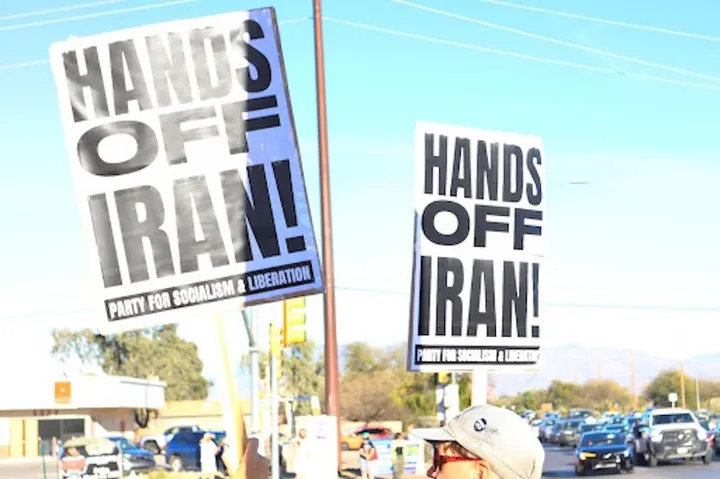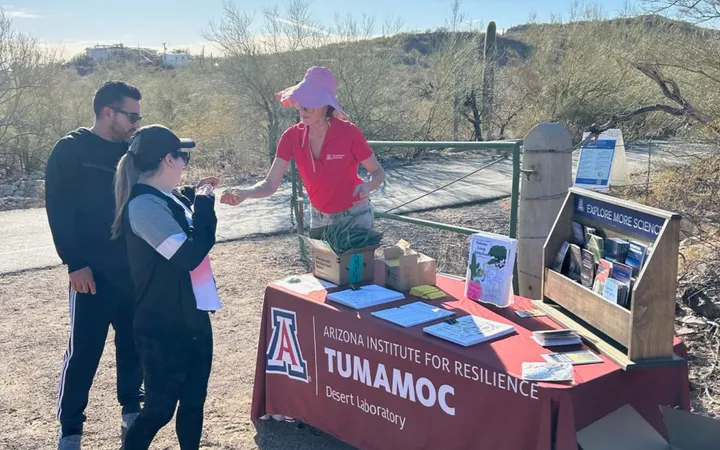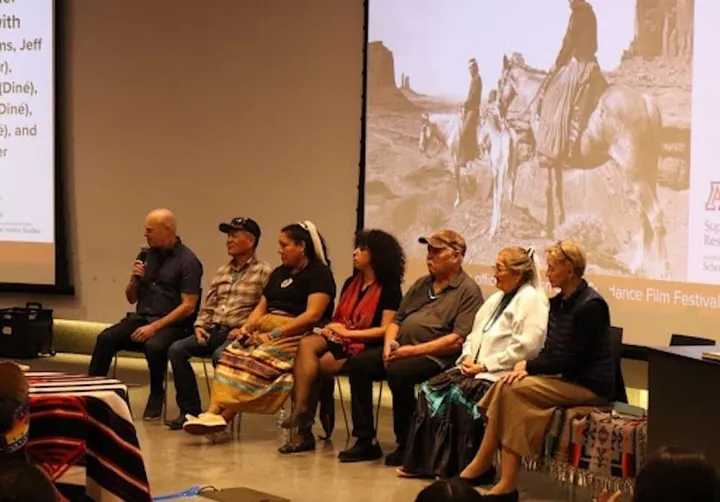Tucson nonprofit hits the road to fund housing for trans women of color
The Outlaw Project, a Tucson-based nonprofit led by trans activist Monica Jones, expanded its housing advocacy for trans women and gender-nonconforming people of color to Phoenix with a community fundraiser aimed at supporting long-term housing solutions.
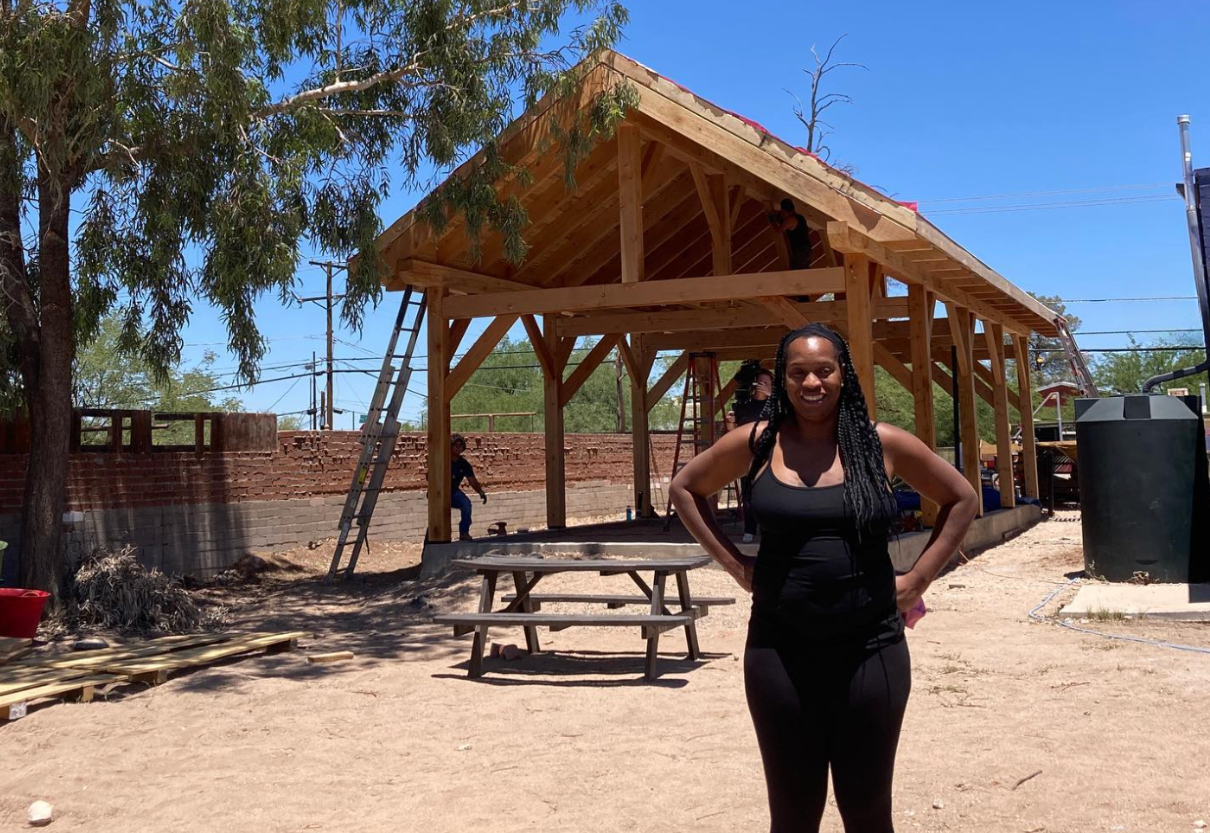
Seeking to expand its impact beyond Tucson, a local nonprofit brought its mission to empower trans women and gender-nonconforming people of color to Phoenix through a new fundraising effort to support its long-term housing initiative.
Founded by activist Monica Jones, the Outlaw Project aims to address housing insecurity and systemic barriers through an intersectional lens, and hopes the move into Arizona’s capital will help build broader awareness and resources for its growing community.
On Saturday, the group took its show on the road with a drag and burlesque fundraiser at Phoenix’s Cruisin’ 7th. Phoenicians embraced the efforts, turning out in force, with the nonprofit taking to Instagram on Monday to thank attendees and contributors.
The event is part of the group’s larger efforts to expand its reach and advance its mission of providing trans women and gender-nonconforming individuals of color, along with Black and Indigenous people the opportunity to empower themselves through access to safe, stable and secure housing.
For these groups, access to safe living spaces is desperately needed.
In 2021, one in five trans individuals reported living in poverty, and a 2020 study by UCLA’s Williams Institute found that trans adults were more than twice as likely to have experienced homelessness compared with queer cisgender individuals, with African American respondents having higher rates of housing instability.
Trans adults face potential discrimination and harassment in accessing homeless shelters, as some shelters are not equipped to serve LGBTQ+ adults — typically housing trans adults with the gender they were assigned at birth, instead of the gender they identify with.
Almost one in three homeless trans adults report being turned away from a shelter due to their gender identity. And even if individuals gain access to shelters, the risk of violence is also a deterrent to trans people requesting access. Twenty-two percent of homeless trans adults report experiencing sexual assault perpetrated by staff or other shelter residents.
Advocates say that providing trans women of color access to safe, temporary housing will increase their ability to focus on improving other aspects of their lives and further their prospects of finding permanent housing.
More importantly, it could reduce the likelihood of trans women being harmed, said Outlaw Project Executive Director Monica Jones.
The Outlaw Project was founded in 2016 and named after Sharmus Outlaw, a Black transgender activist who championed access to healthcare for trans individuals, sex workers and HIV patients’.
Outlaw died in 2016 after a lapse in her health care coverage due to a discrepancy in her gender marker delayed her application for Medicaid, which would have covered life-saving chemotherapy treatment.
“I think the Outlaw Project is unique because it's made for (people of color) by (people of color),” Jones said. “We all express (ourselves) in different ways, and I want to make sure that people within our organization do not have to code switch, but be able to live their authentic self.”
The Outlaw Project’s mission aligns with the concept of intersectionality, or the way social identities such as race, gender or sexuality affect one’s personal dynamics.
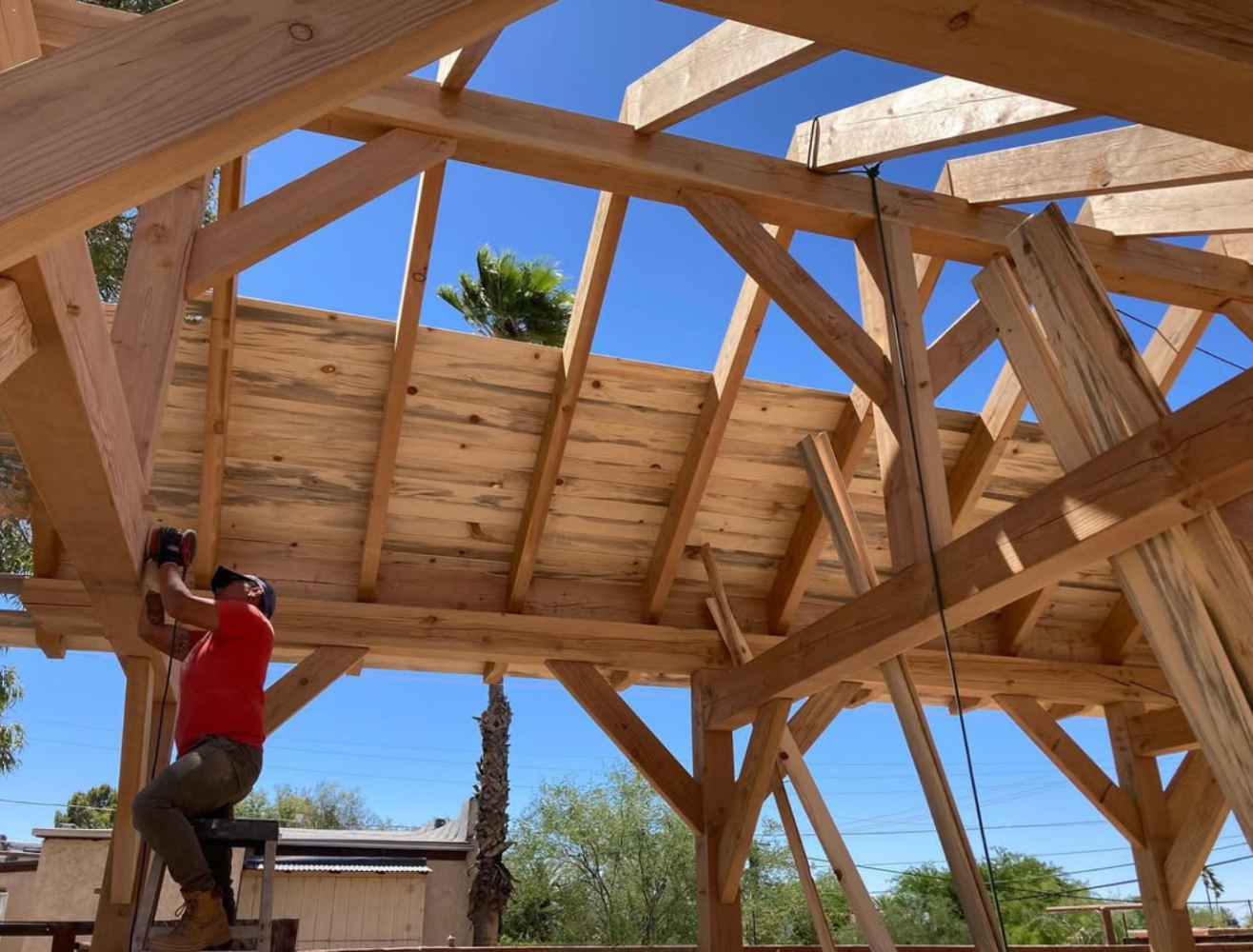
Rather than seeing identities as a single aspect of a person, intersectionality recognizes that systemic inequalities — such as access to housing, medical care and employment — are interconnected with one’s identity.
But without job opportunities or stable housing, some turn to sex work as a means of income. Trans individuals who have lost a job in part due to workplace discrimination were three times more likely to engage in sex work, with 40% of Black trans women engaging in sex work at least once, according to a survey by the National Center for Transgender Equality.
The stigma associated with sex work has been linked to poor health care access and social isolation. With risks of sexually transmitted conditions, substance abuse and depression, turning to sex work may be deadly: The California HIV/AIDS Policy Research Center found that out of 229 documented acts of violence against trans women, three out of four of those cases involved a Black trans woman.
Jones spent three years developing the project’s conceptual framework before using grant funding and her own salary to buy a house in Tucson on a lot big enough to accommodate the creation of two tiny homes. The idea was to use the main home as an administrative space.
“It was like a dream come true,” Jones said.
The dream, however, has not come without some setbacks.
Jones initially wanted to build the tiny homes out of shipping containers, but zoning regulations restricted such construction, and they had to pivot to building the homes out of timber frames and adobe straw.
Despite the frustration, seeing volunteers and community members ready to step up and help brought Jones hope.
“Seeing everybody waiting to lift (material), working with people to do different things for us. We are really grateful for the volunteers in Tucson that come out and volunteer and help us,” Jones said. “It's not just something we just threw together. It’s something that is almost like a poem. We're doing everything with purpose.”
In addition to volunteer support, Jones also receives project support from local trans poet laureate T.C. Tolbert.
As the nonprofit’s “Project Princess,” Tolbert takes on city paperwork, volunteer and contractor coordination, and updating the project’s timeline on their website.
“T.C. has been an amazing ally,” Jones said. “I’m super amazed that I have them as a partner of this program.”
When she’s not helping to plan fundraisers, Jones has been working with volunteer electricians who are helping to install residential wiring. But they’ll be taking a break for the summer in an effort to avoid the heat.
“Hopefully, (in) September we start with finishing touches on the inside: sinks, toilets, showers, everything else,” Jones said.
The nonprofit is seeking donations of appliances for the future tiny homes, as well as time and monetary contributions.
“I can't wait for it to be done so we can start our new chapter with long-term housing, and help our community with that,” Jones said.
Topacio “Topaz” Servellon is a freelance journalist out of Tucson. Contact them at topacioserve@gmail.com.
Tucson Spotlight is a community-based newsroom that provides paid opportunities for students and rising journalists in Southern Arizona. Please support our work with a paid subscription.

